

SA lags, but has much to gain from boosting energy efficiency

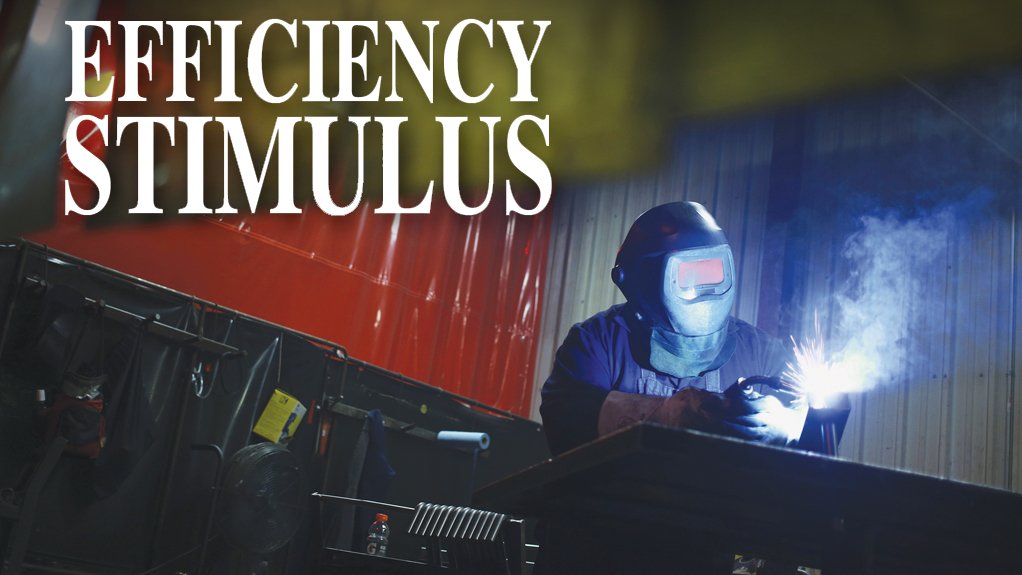

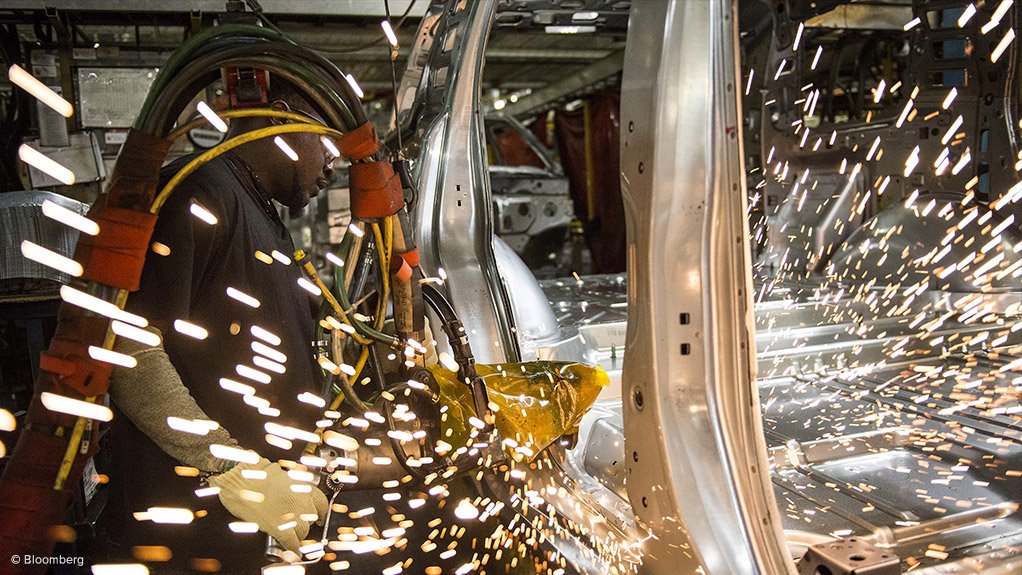
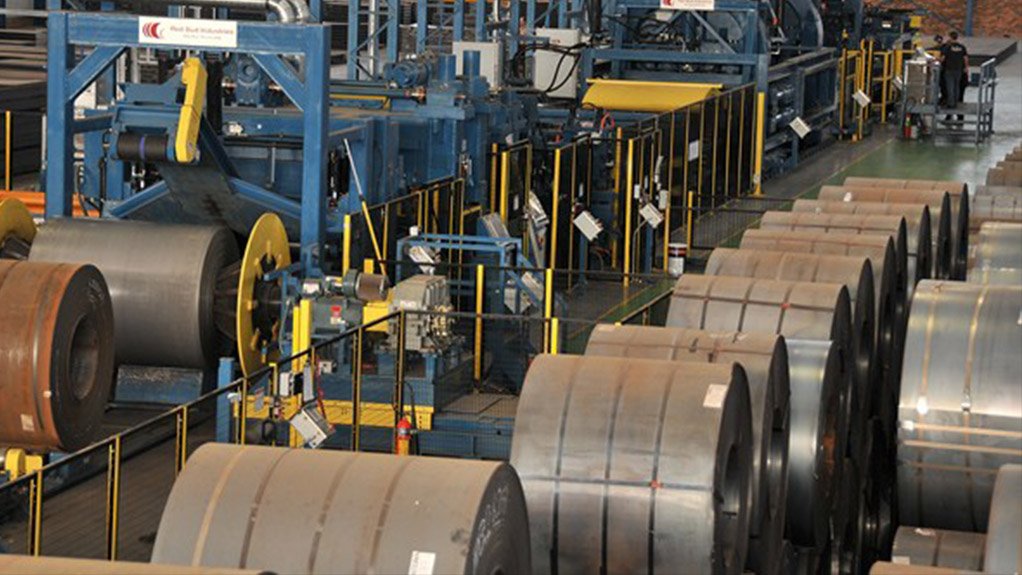
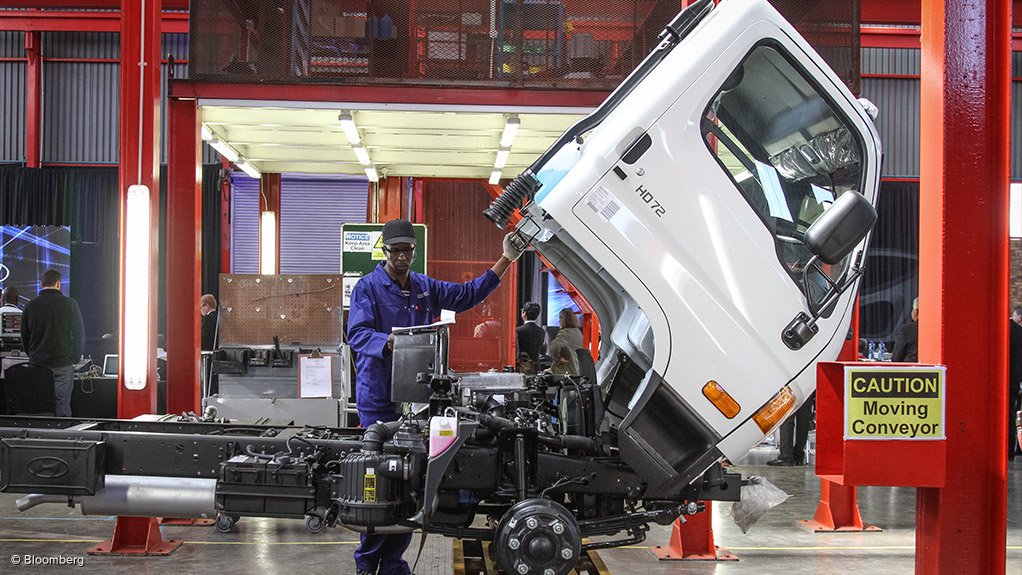
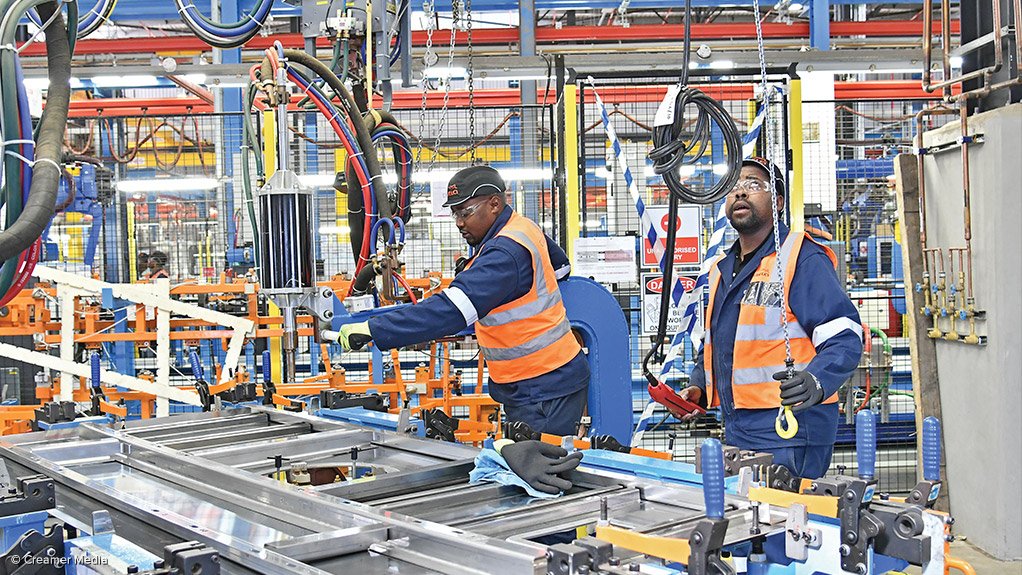
ENERGY-INTENSIVE South Africa should strive to make energy-intensive industries more efficient and competitive through research and development support
Photo by Bloomberg
EFFICIENT INDUSTRY Energy efficiency gains can enable more energy-intensive uses and stimulate economic activity
Photo by Bloomberg
CHEAPER DEVELOPMENT Energy efficiency improvements act as a virtual, low-cost fuel source to support industrial development
TRANSPORT EFFICIENCY Mandatory fuel efficiency standards can enable fuel savings of nearly 20 000 barrels of oil a day
Photo by Bloomberg
ECONOMIC GAINS Minimum energy performance standards are an important first step to unlock greater industrial and mining efficiency gains
Photo by Dylan Slater
The energy intensity of South Africa’s economy – defined as energy consumption as a function of gross domestic product – is about twice the international average and electrical energy consumption is about 40% higher than the international average, says the Academy of Science South Africa (ASSAf).
“The availability of appropriate, reliable and affordable energy is central to the sustainability and further development of modern societies,” ASSAf emphasises in the introduction to its ‘State of Research, Development and Innovation of Electrical Energy Efficiency Technology in South Africa 2018’ report.
The report states that energy efficiency offers many possibilities for enhancing competitiveness, reducing environmental impacts and stimulating social and industrial development. Energy efficiency also provides an attractive method for managing and restraining the increase in energy consumption.
There is, thus, significant potential for energy efficiency improvements to act as a virtual and relatively low-cost fuel source to support poverty alleviation and job creation at a reduced environmental cost, the academy emphasises.
Energy efficiency can play a major role in stimulating economic growth, while supporting energy security, competitiveness and environmental sustainability, intergovernmental energy organisation the International Energy Agency (IEA) highlights.
Additionally, the ‘rebound effect’, in which energy efficiency gains are directed by users to access more services and even more energy-intensive uses, can play a major role in South Africa to stimulate economic activity, while contributing to improved public health by allowing for wider access to cleaner heating, lighting and refrigeration services.
Energy efficiency is an economically and environmentally attractive way of meeting growing energy demand, but needs support to make a significant contribution, as it may not be aligned with the aims of energy producers.
“Energy efficiency is typically not well aligned with the immediate interests of energy suppliers and needs policy support to research, develop, implement and monitor energy-efficiency interventions,” ASSAf cautions.
However, improving energy efficiency in the energy sector will have positive implications for the national economy, it adds.
Meanwhile, the National Cleaner Production Centre South Africa’s (NCPC-SA’s) 2017/18 annual report estimates that potential energy savings of about 279 GWh and R252-million in costs are achievable.
“Most of the financial savings potential lay in energy, where potential savings of R252-million were identified, including savings through energy consumption reduction, energy demand management and natural gas savings,” the report states.
The verified savings achieved through the Industrial Energy Efficiency Project for 2017/18 were 224 GWh (about 80% of potential savings) and R162-million in costs, the NCPC-SA says.
However, only 5% of South Africa’s final energy use was covered by mandatory energy efficiency policies in 2017, the NCPC-SA report highlights.
Policy coverage is greatest in the residential-buildings sector, at 20%, owing to codes and minimum energy performance standards (MEPS). The MEPS for consumer appliances contributes 5% of savings in the residential sector, which will grow as existing appliances are replaced with new, more energy efficient stock that is compliant with existing standards.
Industry Gap
However, there was no policy coverage in the industry sector in 2017, as South Africa lacks MEPS for electric motors and mandatory efficiency improvement targets, the NCPC-SA highlights.
The IEA’s ‘Energy Efficiency 2018’ report, released last month, says the biggest potential efficiency gains for South Africa are in transport and industry, each of which can be improved by 37%.
In the transport sector, efficiency gains are possible across all subsectors. Fuel efficiency could improve by 29% for cars and 40% for trucks between now and 2040, the IEA report says.
Locally, energy intensity in the less- energy-intensive manufacturing sectors, including food, beverage and textile manufacturing, could improve by 40% between now and 2040 as more electric heat pumps are deployed and efficiency is improved in electric motor-driven systems.
“As a country rich in mineral resources, South Africa should not try to move away from energy-intensive industries that offer significant downstream beneficiation opportunities, but should rather strive to make them more energy efficient and competitive through research and development support,” ASSAf avers.
The IEA report finds that efficiency gains alone could enable the world to extract twice as much economic value from the energy it uses, compared with the current value.
This would reduce energy bills for consumers by more than $500-billion a year, lower energy imports and reduce air pollution in cities, which is a key issue for many countries, states IEA executive director Dr Fatih Birol in the report.
The report examines the opportunities for improving global energy efficiency to 2040.
The report sets out a vision for 2040, with 60% more building space, 20% more people and double the global gross domestic product, while using only marginally more energy than today, as well as reducing greenhouse-gas emissions by 12%.
“A global effort to deploy suitable energy efficiency policies could result in greenhouse-gas emissions peaking quickly and then falling even as the global economy doubles between now and 2040,” he says.
Efficiency gains in line with the IEA’s Efficient World Scenario (EWS) to 2040 could also save South African households $2-billion a year by 2040 and reduce emissions by 25%, compared with current emissions levels.
NCPC-SA Industrial Energy Efficiency Project national project manager Alfred Hartzenberg contributed to the IEA ‘Energy Efficiency 2018’ report.
Industry and Transport
The IEA report says progress on energy efficiency in South Africa varies from sector to sector and efficiency gains in transport and residential buildings since 2000 have been offset by worsening efficiency in industry and services.
“This trend, however, appears to be reversing. Efficiency gains in the manufacturing industries since 2015 have prevented more than 25 petajoules (PJ), or 6 944 GWh, of additional energy use.”
Since 2000, primary energy demand in South Africa has increased by nearly 30%. However, the IEA EWS shows that adopting cost-effective energy efficiency measures could reduce primary energy demand by 4% between now and 2040, and save 566 PJ, or 157 222 GWh, in additional energy use.
Energy efficiency was included as a resource in the integrated planning of the Department of Energy in 2013 for future energy resources. South Africa is one of the first emerging economies to have established a transparent and systematic mechanism to fund energy efficiency, the ASSAf report highlights.
“Increased energy efficiency should have a major impact on new generating capacity investment decisions, while offering significant developmental and competitive advantages.”
Significant gains could also arise from improving the efficiencies of the use of oil, at 34%, and of coal, at 24%, of final consumption.
Local economic activity has increased energy use by 19% from 2000 to 2017, owing to increased economic output from industry and service sectors, where gross value-added activity has risen by 70% since 2000, the IEA report states.
“Implementing MEPS for electric motors, which is a policy planned for the industry and mining sectors, will be an important first step to unlocking greater efficiency gains. Complementing this with measures that extend to the wider motor-driven system and other industrial equipment, specifically the implementation of energy management systems, could enable further savings.
Some South African companies have experienced the benefits of energy management systems through involvement with the United Nations Industrial Development Organisation’s Industrial Energy Efficiency Project, the IEA report says, attributing the information to Hartzenberg.
The NCPC-SA Industrial Energy Efficiency Project and other initiatives are helping to foster an energy service company industry and have contributed to recent efficiency gains in the industry and service sectors, the IEA acknowledges.
The Industrial Development Corporation has committed $1.2-billion for green industries and provides a $140-million credit facility for renewable energy and energy efficiency projects for net-zero- emissions buildings.
Similarly, implementing vehicle efficiency standards presents the greatest opportunity for savings and will be vital to unlocking efficiency gains in the transport sector, the IEA report states.
“While average passenger car fuel efficiency in South Africa is 7% better than the global average, if South Africa had adopted fuel efficiency standards for passenger cars at the same stringency level as Japan’s, fuel savings of nearly 20 000 bbl of oil a day could have been achieved in 2017, which is equivalent to 6% of South Africa’s transport energy consumption,” according to the IEA report.
Similarly, fuel efficiency for trucks is 4% higher than the global average, but there are no mandatory fuel efficiency standards.
Meanwhile, ASSAf notes that there is a strong correlation between South African research strengths and the national uptake and impact of the implementation of energy efficiency interventions. The country’s strength in implementation corresponds with its research strengths, which include industrial systems, integrated building energy systems and lighting technologies.
South Africa has made good progress in energy efficiency over the past 20 years, with commensurate savings and increasing competitiveness.
Policy interventions are necessary to consolidate and further develop these gains by ensuring that energy efficiency is a central part of the regulatory framework, which should include the establishment of a national monitoring, evaluation and reporting framework for energy efficiency implementation, ASSAf recommends.
The ASSAf report recommends that government mandates the South African National Energy Development Institute to develop appropriate policy interventions to consolidate and further develop these gains by ensuring that energy efficiency is a central part of the regulatory framework.







